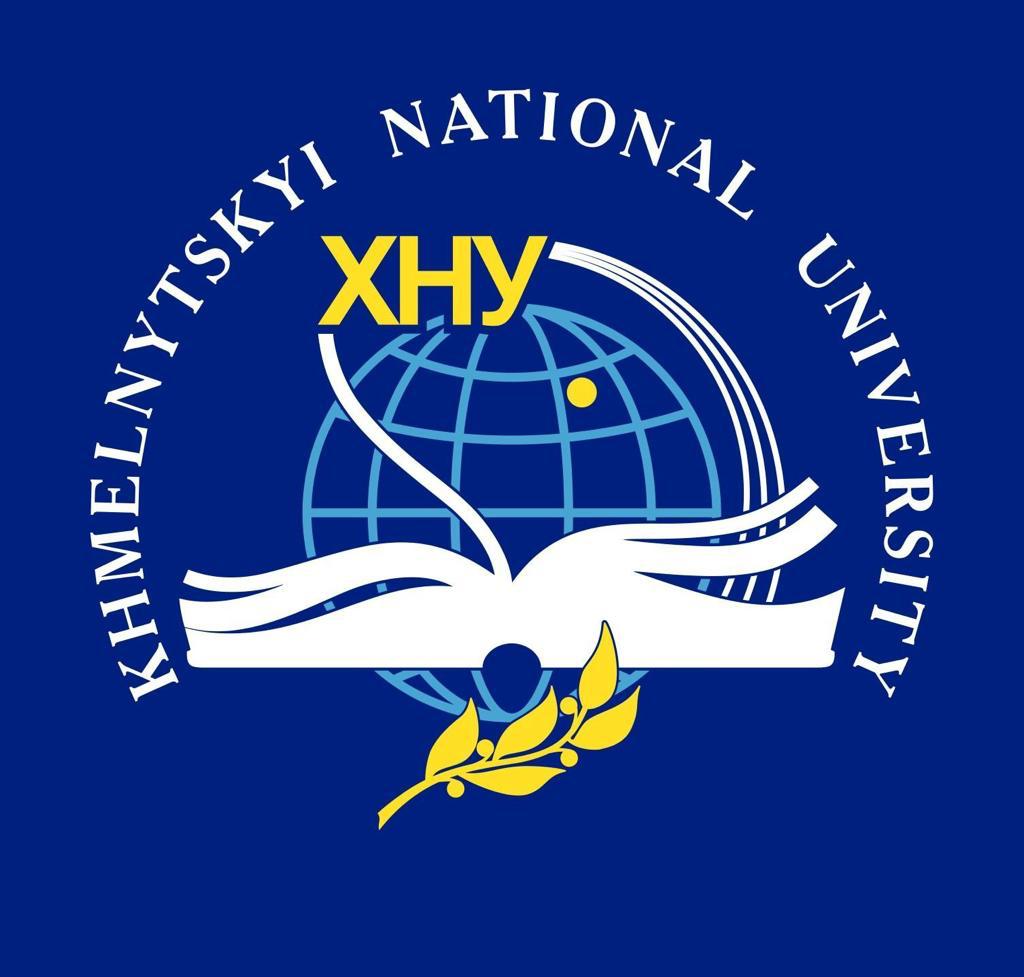КОМПОНЕНТИ, КРИТЕРІЇ ТА ПОКАЗНИКИ РІВНІВ ГОТОВНОСТІ МАЙБУТНІХ УЧИТЕЛІВ ПОЧАТКОВОЇ ШКОЛИ ДО ЗАСТОСУВАННЯ ІННОВАЦІЙНИХ ТЕХНОЛОГІЙ
DOI:
https://doi.org/10.31891/pcs.2022.3-4.5Ключові слова:
професійна готовність, педагогічна діяльність, компоненти: когнітивний, ціннісно-мотиваційний, особистісно-діяльнісноАнотація
Підготовка нової генерації вчителів початкових класів, здатних відходити від традиційних форм і методів роботи з учнями і водночас сприймати й екстраполювати новий педагогічний досвід, нові технології, форми і методи роботи у свою професійну діяльність, спрямована на усвідомлення необхідності створення позитивного навчального середовища шляхом активізації інтелектуальних і почуттєвоемоційних ресурсів кожного учня. Саме тому виникає необхідність застосування у професійній освіті відповідних педагогічних технологій. Це, в свою чергу, актуалізує необхідність включення у предметно-методичну підготовку майбутніх учителів початкових класів відповідного змісту, вимагає переосмислення й пошуку нових організаційних форм і методів навчання, які покращили б його якість та ефективність, розширили та поглибили зміст професійної підготовки. Зазначене обумовлене новітніми тенденціями розвитку соціальних, міждержавних, культурних зв’язків у галузі професійнопедагогічної підготовки фахівців та є предметом особливої уваги держави, що відображено в основних документах, які визначають пріоритети освітньої політики України: закони України «Про освіту», «Про вищу освіту», «Про національну програму інформатизації», державні програми «Інформаційні та комунікаційні технології в освіті і науці» на 2006-2010 роки, Концепція реалізації державної політики у сфері реформування загальної середньої освіти «Нова українська школа» на період до 2029 року, Концепція впровадження медіа освіти в Україні (2010 р.), Стратегія розвитку інформаційного суспільства в Україні (2013 р.) тощо.
Посилання
Belcheva, T. F. (2007). Formation of future teachers' readiness to compose and solve educational and cognitive tasks in primary school: Candidate of Pedagogical Sciences. Melitopol, 251.
Bondar, V. I. (2006). Management of the formation of professional competence of the teacher // Education and management. № 9, 20-27.
Gilbukh, Y. Z. (1993). Temperament and cognitive abilities of the pupil. K.: Institute of Psychology of the Academy of Sciences of Ukraine, 272.
Goncharenko, S. (1997). Ukrainian pedagogical dictionary. Kyiv: Lybid, 374.
Kryvoruchko, Y. M. (2010). Formation of the future teacher's readiness for the development of artistic and creative abilities of junior schoolchildren: author's diss. Chernihiv, 21.
Maximenko, S. D., Zaychuk, V. O., & Klimenko, V. V., et al. (2004). General psychology / under the editorship of S. D. Maksymenko. Vinnytsia: Nova Kniga, 704.
Martynenko, S. M. (2008). Diagnostic activity of the future primary school teacher: theory and practice: monograph. Kyiv: B.D. Grinchenko Kyiv Pedagogical University, 332.
Martynenko, S. M. (2009). The system of primary school teacher training for diagnostic activities: Doctor of Pedagogical Sciences. К., 476.
Matvienko, O. V. (2010). Theoretical and methodological foundations of training future teachers for pedagogical interaction in the educational environment of the first grade school: Doctor of Pedagogical Sciences. К., 496.
Ostrovska, M. Y. (2021). Innovative humanistic pedagogy of V. Sukhomlynsky and the development of a new Ukrainian primary school // Collection of scientific works of RSU "Innovation in education". Rivne: RSU, № 14, 208-218.
Ostrovska, M. Y. (2021). Model of forming the readiness of future primary school teachers to use innovative technologies // Modern innovative and information technologies in the XXI century: a collective monograph. Katowice, Poland, 218-240.
Ostrovska, M. Y., & Ostrovsky, O. O. (2021). Creating an innovative environment in primary school, which carries out the educational process in an intercultural environment // Scientific Bulletin of Nizhyn State University. Ser. psychological and pedagogical sciences. № 1, 84-94.
Sukhomlynskyi, V.O. (1976). Problems of education of a fully developed personality // Selected works: In 5 volumes. K.: Soviet school, Vol. 1, 552.
Technology // The Great Explanatory Dictionary of the Modern Ukrainian Language (2003). Compiled and edited by V. T. Busel. Kyiv-Irpin: Perun, 1245.
Technology // The Great Encyclopedic Dictionary. URL: http://www.vedu.ru/ bigencdic/62617/ (accessed 18.03.2020)
Shkvir, O. L. (2018). Theoretical and methodological principles of stage training of future primary school teachers for conducting pedagogical research: Doctor of Pedagogical Sciences. Zhytomyr, 532.
Yarovaya, O. B. (2013). Didactic bases of organization of education in primary school of the European Union // Science and Education a New Dimension: Pedagogy and Psychology: scientific journal. I(6) Issue: 10, 185-189.





